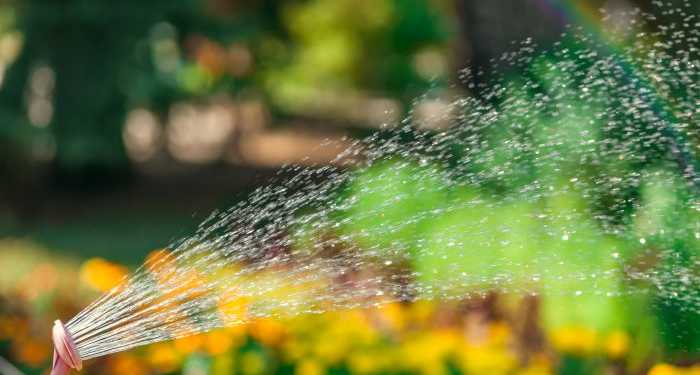Why Adding Urine to Compost Is Beneficial
Posted November 11, 2020While not as taboo as composting bodies, adding urine to compost seems to be a divisive topic. Over the years, we’ve received some questions from people asking whether it’s okay if their dog urinates on their compost, so we thought we’d delve into this topic a bit further. The basic components of human and canine urine are the same, so this information applies to both.
First, let’s talk about the components of urine. Urine is an aqueous solution comprised of more than 95% water. Other constituents of normal urine include urea, chloride, potassium, sodium, creatinine and other dissolved ions, and inorganic and organic compounds. Urea—which is a waste product of metabolism that is excreted by the kidneys in urine—consists of carbon, nitrogen, and oxygen.
What Makes Urine Good for Compost?
If you’re adding urine directly to plants, it could be harmful to them due to the high levels of nitrogen. If you’re a pet owner, you may have experienced this when your dog urinates on the lawn—it can often kill the grass in that spot if it’s not diluted with water soon after.
However, incorporating it into your compost will help avoid this direct contact and potential damage to plants. Because of its nitrogen content, the addition of undiluted urine to your compost bin reduces the time it takes for carbons to break down, resulting in finished compost sooner. It also increases the level of nutrients in the completed compost, which is beneficial to your garden. In addition to aiding decomposition and providing beneficial nutrients, urine can help you regulate moisture levels since it’s mostly water.

Composting Urine Helps the Environment
Every time you flush the toilet, you’re using a large amount of water to pull the waste away. Older toilets can use an average of three to five gallons of water per flush. Not only is this extremely wasteful, but it can be expensive, too.
In addition to using a lot of water, flushing urine into the sewer system doesn’t make it magically disappear. A lot of this wastewater goes untreated and introduced back into the environment where it can disrupt ecosystems.
If you can get past the stigma—and you have a practical collection system—composting urine can be very advantageous. Keep in mind, while urine is sterile, the human body can introduce undesirable bacteria into it. If you have a bladder infection or other illness, you may want to forego the “liquid gold” and stick to kitchen waste for your nitrogen needs.

